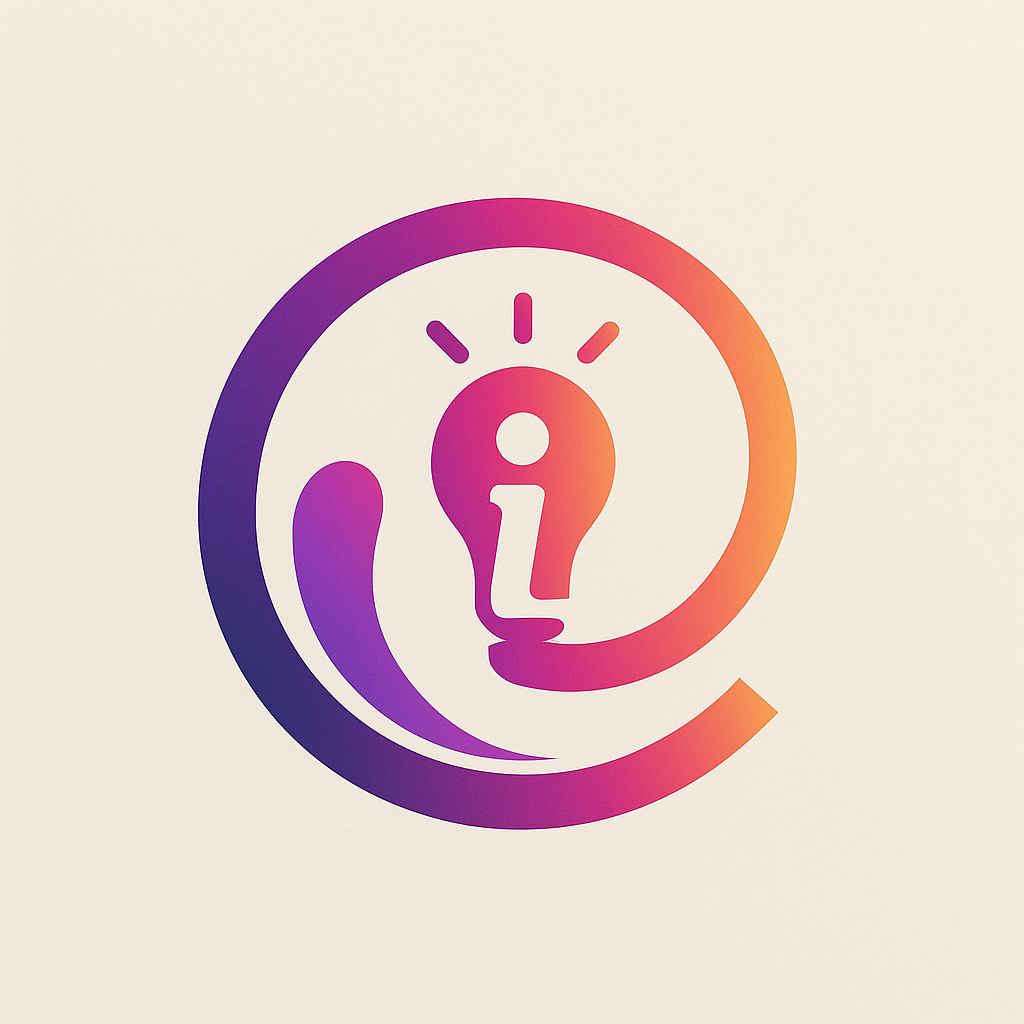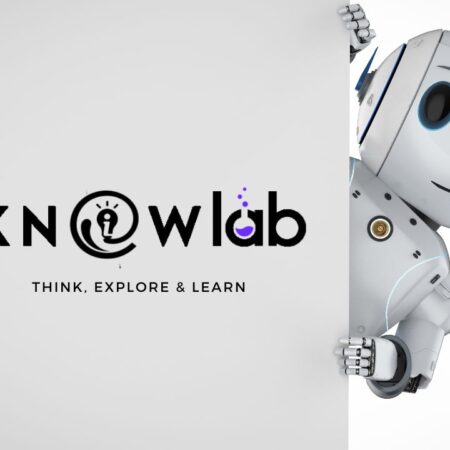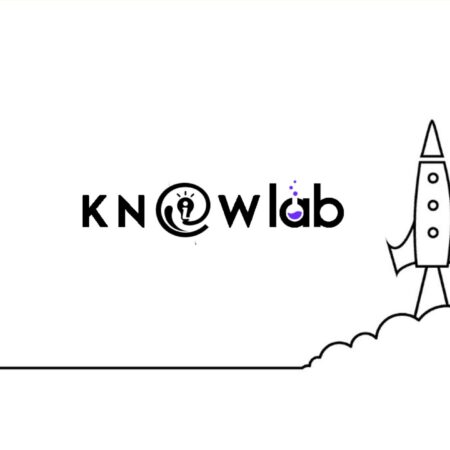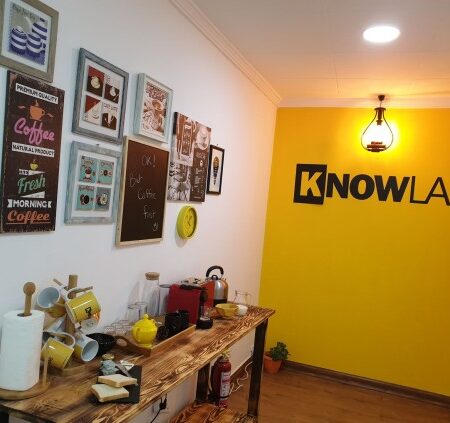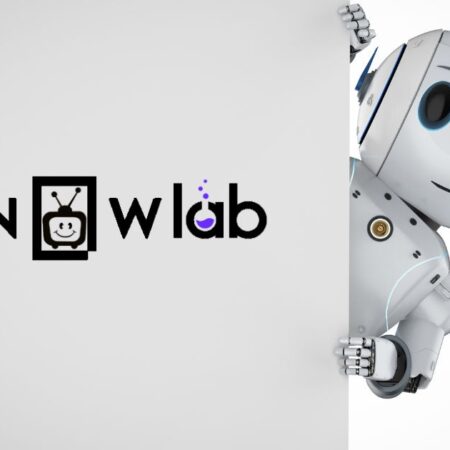 Getting a job is no mean feat- it involves intense preparation of technical subjects, building up your resume and of course, cracking the interviews in campus placements. Interviews can generally be a stressful and nerve-wracking experience for many of us. We want to showcase our technical skills, projects and work experiences and also come across as confident and fit for the role. After attending a couple of interviews(mostly in software) for my internship and placement processes and facing a fair share of rejections and selections, I have learned some lessons which I wish to share. This article may be more inclined towards fresh grads and college students.
Getting a job is no mean feat- it involves intense preparation of technical subjects, building up your resume and of course, cracking the interviews in campus placements. Interviews can generally be a stressful and nerve-wracking experience for many of us. We want to showcase our technical skills, projects and work experiences and also come across as confident and fit for the role. After attending a couple of interviews(mostly in software) for my internship and placement processes and facing a fair share of rejections and selections, I have learned some lessons which I wish to share. This article may be more inclined towards fresh grads and college students.
The online round:
To get to the interviews, you need to clear the online rounds. This consists of Aptitude questions and technical questions (usually multiple choice). The shortlist for the interviews is based on your score. The technical questions are based on the profile you applied for.
For software companies, a coding round is also conducted. Timing matters here a lot. Solving the programs doesn’t guarantee you for shortlisting as there may be others who did it in a shorter time and with better code optimization. But try until the end.
In a coding round I attended, there was a complicated question involving verbose and high language. It was difficult to comprehend, and many ended up quitting and leaving the exam. But I wanted to at least make sense of the question and kept trying. Just in the last five minutes, it clicked to me that the question was a variant of a standard problem involving the ‘Map’ data structure. I ended up getting full 100 marks for it and was shortlisted for the interviews. So, even if you don’t reach the solution, trying to solve is at least a practice for the next company.
After the coding round, there would typically be technical interviews. The number of rounds you would have depends on the company and how much they are impressed by you. Here you would be asked questions based on the profile you applied for.
Tips for technical interviews:
1. Every word you say matters. If you use a word, be sure to answer questions on it. For example, if you say you did a project in Javascript, be ready to answer questions from that.
2. Don’t puff up your resume to include some buzzwords like Machine learning, analytics etc. Only mention the works which you actually did.
3. Don’t bluff and lose your credibility. If you don’t know a topic please say it so. But if you know something related to it, mention that.
4. Know the answers to the questions you went wrong or missed out in the online round. Many companies ask it.
5. See the companies’ previous interview in Glassdoor and geeks for geeks. The companies usually repeat the questions.
6. If you’re given a program to code, halfway through writing, start explaining it to the interviewer. They would like to know your thought process and how you go about approaching the solution. Sometimes they may guide you in reaching the end solution. Listening to their inputs also signals that you are a team worker and like to learn from others.
7. If you have two or more ways to solve a problem, mention it. Also, suggest the pros and cons of each. This makes you appear thorough and detail oriented.
8. Remember the courses you took in the previous semesters. Sometimes, you would be asked based on the subjects you previously studied, even if it may be irrelevant to the role you applied for now.
PART II
Once you clear the technical interviews, you would have the HR round. It is to primarily check your communication skills and if your attitude is a fit for the company.
Tips for HR Interviews :
1. Prepare for the clichéd ‘Tell Me About Yourself’ question
Generic as may it sound, many of us still fumble during it. It is the equivalent of an elevator pitch and you are required to market yourself and also give a glimpse into your background. Start by telling your name, department and area of interest — such as hardware or software. Then proceed by telling the projects and internships you did.
2. For the ‘Tell me your strengths and weakness’ question
Have some examples to provide for each strength you mention. And weakness should usually be something not too serious — like ‘I pay too much attention to detail’, or ‘I keep giving too many reminders to my team members’. Though the interviewers may know it’s not a true weakness, it’s better to avoid risk.
3. If your grades went down, be ready to explain it. Citing work in clubs as the reason tells that you can’t manage time. A better answer would be that you mastered the concepts or gained technical skills.
4. The question of ‘Where do you see yourself in 5 years’ is something I personally detest. But have something prepared to say if asked. Aiming to develop technical and managerial skills, becoming an effective leader and adapting to the changes- is a generic answer which could be given.
5. You may be asked ‘Why you chose this company? For this, you could start off with your technical abilities that match the requirements of the role and how your personal values align with that of the company.
6. Prepare for general puzzles from puzzlefry and interviewbit.
7. Appear interested and excited to work in the company and ask questions at the end. Listen well in the pre-placement talk and browse about it.
8. Understand that if you have come till here, they probably want to select you. So don’t give them a reason not to.
There are a few general tips to follow for a hassle-free interview experience
- Keep your clothes pressed and shoes ready the previous night. Also, make sure you have a bottle of water with you and other refreshments if you need. Most of the times, a company process could start early morning and go on until the night and it would be wise to stay fresh and alert throughout.
- Keep your resume and certificates ready. Have at least 10 copies of your resume with you. The companies during placements keep coming continuously. Many don’t take printouts of their latest resume and end up doing it in the last minute. Also, proof-read your resumes carefully and get it checked by your seniors and peers too.
- Be on time. Come early and familiarize yourself with the environment. Arriving late adds more stress which could easily be avoided.
- Research about the company. Take a genuine interest in the company and read about its main products, market and its competitors.
- You could ask your peers who come out of their interviews about the experience and prepare based on it during the waiting time — but only if you won’t stress out further.
- If you are very nervous — Think about the interview as a play where you just need to act like a confident person. Once you start it, you would naturally ease into it and become confident.
- Don’t think about what you don’t know. Don’t panic too if you are asked about it, calmly mention that you don’t know.
- Know why you are there. If you are only for the money, it would show. Have a genuine interest in the work and company.
- Don’t dwell on the past. Think about the interview at hand and not on the rejections you faced.
Interviews also involve a bit of luck. Not acing an interview could mean that you weren’t fit for the role, not that you aren’t skilled enough. If you don’t get a job, prepare again on the areas you were weak. Have faith in yourself and keep trying. All the best 🙂

